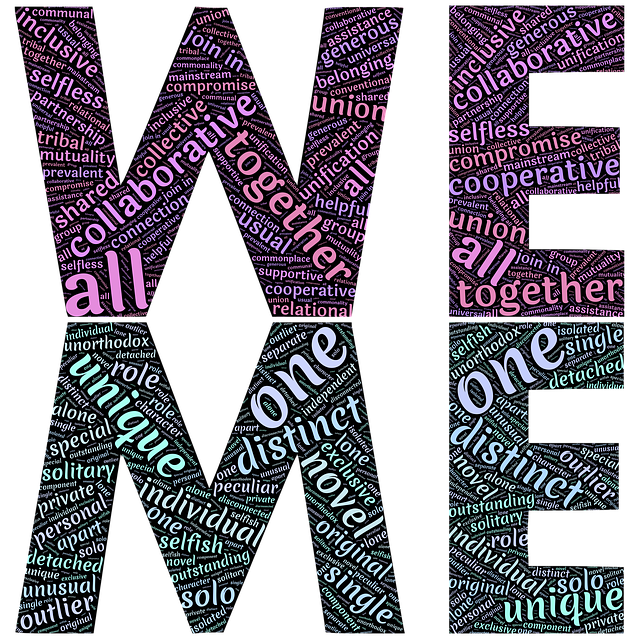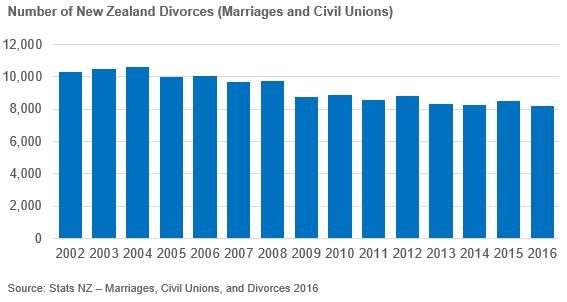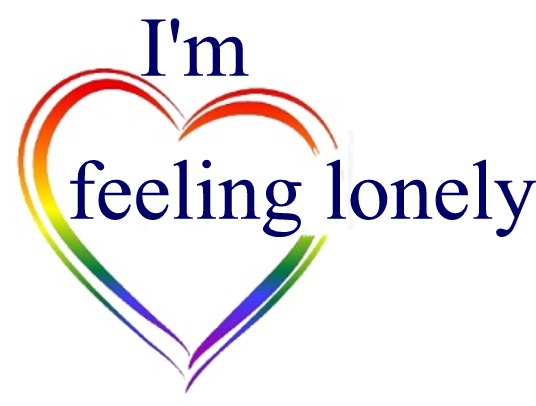Separated and lonely
Through our lives it’s natural that most of us are drawn to be in family units – whether biological or created from friendships and new partnerships. First born children often explicitly express a desire for a sibling because they yearn for shared experiences with other ‘little people’ that they identify with, and have playtime activities in common. And while many adults do live alone by choice, many more find it harder living without any other adults in the house, again to have the experience of shared activities and someone to meaningfully connect with in their home. It is such a wonderful warm feeling being happy and content in our “families”… whether of two or more!
But life happens…. and our empathy goes to you, if your family unit has become separated. We appreciate that your emotional state will be dependent on a wide range of factors – whether the separation is mutually agreed, how long it is for, and how loving the family unit was on separation. We understand that even when those separations have a positive outcome you struggle with the time alone… while you can see the advantage of the overseas job providing enough money to free you of your mortgage, or your partner winning a sports trophy for the country… missing your partner is very real.
Many separations though don’t have a certain sweetner to help you through, so our hearts go to you if you are anticipating a negative outcome – a divorce, a high risk situation with a family member potentially in mortal danger, a move to a country you are not keen to go to. We know that the person staying behind in the family home experiences different emotions to the person who leaves…. and that sometimes at the start of the separation the primary emotion may be anger, not loneliness. However, in most separations loneliness does become a factor… and so we genuinely care about you going through those feelings.
So if you are one of the many people who feels lonely as a result of your family unit or partnership separated, or you know of someone who feels loneliness from this, then read on. In fact even if you suspect others might be lonely, and they stoically say they aren’t, it’s worth understanding separation and loneliness better.

Scratching the surface of being lonely
Waiting anxiously
.... desperate for an update from the person who left.
Missing terribly
... your children you left behind crying.
Constant questioning
... whether you made the right decision.
Pretending you’re fine
... when you feel ill all the time.
Counting endlessly
... how long since they left...and then how long until you see them again.
Being separated gives rise to many challenges with regard to feeling lonely...
… and in addition to these, you undoubtedly identify with many of the same loneliness problems that aren’t related to your family situation.
Prevalence of loneliness
You may be separated for many reasons, e.g. marriage break-up, long-distance employment, sports events, etc. Rest assured, you are not alone. For example, for those you going through the pain of separation that may lead to divorce, over 8,000 families divorce each year – directly impacting family and indirectly impacting extended family and friends. These figures do not include the breakdown of de facto relationships, which makes separation even more common.
Furthermore, globalisation has lead to more of you being separated by work, sport, or where one partner migrates before the other. We feel for you all, separation is not easy.

Exposing loneliness
Feeling socially isolated occurs when people, like you, are not connected into their communities in a meaningful way. Society, other people and we ourselves unwittingly contribute to loneliness. To name a few, loneliness resulting from being separated might be exacerbated when:-
- Time zone differences or situational conditions make it really difficult to keep regular contact.
- You have no certainty when (or if) you will see your family again.
- You are being constantly told off by family or close friends who thought the separation was a big mistake.
- Your separation comes with custody and visitation issues, affecting your relationship with your children and animals.
- Infidelity becomes an issue.
- Your decision to separate is not mutual… one wanting a divorce outcome, and the other a reconciliation.

These are very real issues for you;
and some are not quick fixes! So despite these challenges it’s vital you actively find ways to ensure that you – and those around you – are emotionally healthy.
Exhibiting signs of being lonely
Solitude is very important for people to reflect and to come to grips with their situation. Being lonely for short periods is also not necessarily unhealthy. What we are considering is the type of loneliness which is prolonged and might be damaging to an individual’s health and wellbeing. Some people talk about their loneliness; other’s don’t. Some might not recognise that they are actually suffering from loneliness.
When people are already lonely, having people around you that you aren’t able to connect with on a deeper level, might even make your loneliness worse.
Research has shown that when socially isolated people aren’t getting enough regular human contact that can create problems with their family members and people who they do end up talking to.

This manifests behaviour such as:
- Becoming overly focussed on your loved one who has left, potentially to the exclusion of those family still with you.
- Being tearful and feeling emotional pain every time you do have contact.
- Spoiling your brief times of communication with anger, jealousy and suspicion.
- Lying awake at night worrying endlessly about the family at home, affecting your ability to function well during the day;
- Becoming more reliant on family and friends, sometimes to the extent of not respecting their need for privacy.
- Remaining at home instead of socialising out of fear of missing their landline or skype call.
- Being too proud to accept help from others for being seen that you can’t cope without your partner.
These are just the surface of the ways you might be showing signs of being lonely… and that you could recognise in others.
So where to from here?
Conquering loneliness
We appreciate…
you all have a unique story.
How long you have been lonely; What you believe causes your particular loneliness; and what you have already tried to alleviate the loneliness.

To get to the heart of your loneliness we would like to get to know you!
Your personality, your eccentricities, and your values are all part of what makes you feel your loneliness more than some others.
Your next step
We appreciate the trust you would place in us to talk openly and frankly – so we promise no judgments – genuine empathy, respect and confidentiality.
Then when we have understood you better, we can help you move forward. Help you form better connections with your spread out communities, with your friends and your families…wherever they are in the world.
If you are ready to take the next step, click the button to get started addressing your loneliness:
People feel lonely for many reasons. To learn more about other hurt and lonely categories, select one of the coloured boxes below, or scroll down the “I’m feeling lonely” menu.

With our help you can conquer your loneliness by taking better care of your inner self.
And we can conquer loneliness in New Zealand by better understanding and accepting each other.
So when you are ready…click here.
We look forward to hearing your view of the world!
